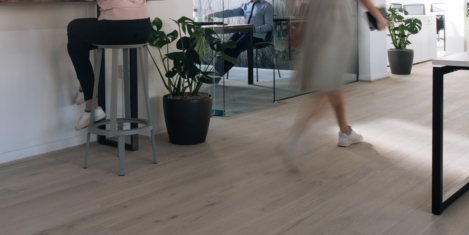To provide the best experiences, we use technologies like cookies to store and/or access device information. Consenting to these technologies will allow us to process data such as browsing behaviour or unique IDs on this site. Not consenting or withdrawing consent, may adversely affect certain features and functions.
The technical storage or access is strictly necessary for the legitimate purpose of enabling the use of a specific service explicitly requested by the subscriber or user, or for the sole purpose of carrying out the transmission of a communication over an electronic communications network.
The technical storage or access is necessary for the legitimate purpose of storing preferences that are not requested by the subscriber or user.
The technical storage or access that is used exclusively for statistical purposes.
The technical storage or access that is used exclusively for anonymous statistical purposes. Without a subpoena, voluntary compliance on the part of your Internet Service Provider, or additional records from a third party, information stored or retrieved for this purpose alone cannot usually be used to identify you.
The technical storage or access is required to create user profiles to send advertising, or to track the user on a website or across several websites for similar marketing purposes.
 The Gensler Research Institute has announced the findings from its Global Workplace Survey 2024, offering what it says are fresh insights into the future of work. The comprehensive global study shifts the focus from employee presence in the office to workplace performance. The core argument presented in the report is that a high-performing workplace is no longer solely defined by building efficiency or space effectiveness, it is also measured by the workplace experience — or, how employees feel about the space. (more…)
The Gensler Research Institute has announced the findings from its Global Workplace Survey 2024, offering what it says are fresh insights into the future of work. The comprehensive global study shifts the focus from employee presence in the office to workplace performance. The core argument presented in the report is that a high-performing workplace is no longer solely defined by building efficiency or space effectiveness, it is also measured by the workplace experience — or, how employees feel about the space. (more…)

































May 28, 2024
‘The Big Stay’ – it’s time to invest in employees, not to cut costs
by Roger Philby • Comment, Workplace